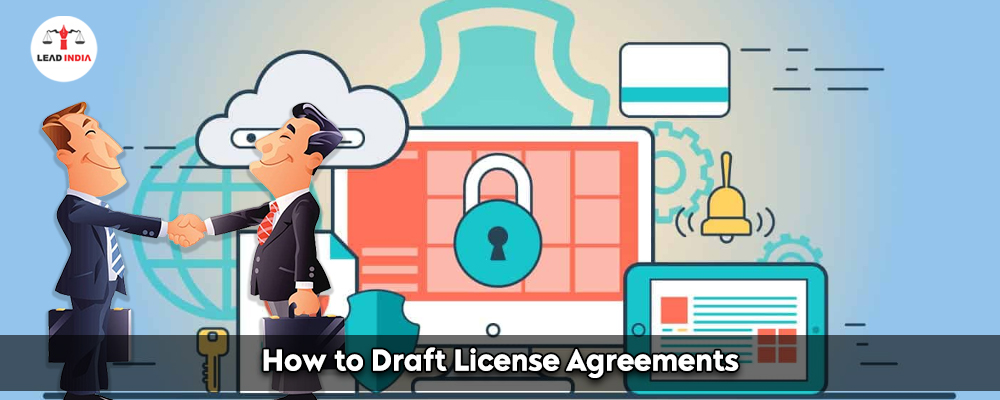Licensing agreements are the most effective way to protect intellectual property. It enables the intellectual property owner to approve other parties’ use, resale, and alteration of the property for a mutually agreed-upon price, without relinquishing ownership. There are three main types of licensing agreements:
- Licences for standardized markets, such as the production of USB devices.
- Licence for using products, such as patents.
- Licence providing worldwide rights to utilize intellectual property, including specific components required to produce the original product.
For licensing agreements to be effective, a few elements must be consider. Before entering into a licensing arrangement, all parties should understand who owns the rights to the trademark and patent. The categories below should specify the following details:
- Geographical Range
- The IP registration covers a range of services and products.
Need A Legal Advice
The internet is not a lawyer and neither are you. Talk to a real lawyer about your legal issue

Drafting license
- Grant of Licence- This is the most significant clause in the licensing agreement. It specifies how the rights will be transfer and how the remaining agreement will be form. It will encompass the extent of content granted by the licensor. There are two categories of licenses: exclusive and non-exclusive. An exclusive license grant allows only the party agreeing to use the content, not any third party. A non-exclusive license grant will not impose any restrictions on the number of licenses that can be grant to the content.
- Term and termination- This clause specifies the duration of the agreement. When there is a breach of the agreement, either party may terminate within the days specified in the notice to the other party. When the agreement is cancel, the rights given to the licensee expire immediately, and the licensee must return the licensed property to the respective licensor.
- Confidentiality- Both parties may engage in a non-disclosure agreement, and the licensee is responsible for keeping the agreement’s contents confidential. It is critical to provide complete information regarding terms, including all secret information.
- Warranties and Representations- In this section, each party represents and warrants that it has full capacity and authority to enter into the agreement and carry out its responsibilities under it. The Licensor and Warrants have the authority to grant the license, and they are the exclusive owners of the Licenced Property.
- Dispute Resolution- The agreement will be manage by state laws, with no contradictory terms.
Key Negotiation Issues
Negotiation concerns include the following:
- The ownership of intellectual property is a major concern for licensors and licensees; the question is who owns patents, copyrights, trademarks, and trade secrets, and who can use them.
- The royalty payment is a significant negotiation topic in which the licensee compensates the licensor for the right to utilize licensed technology. The form and amount of payment, including ongoing royalties, must also be agreed upon.
- The licensor and licensee must agree on the terms under which the licensee can use the technology, including usage limitations and exclusivity.
- Termination provisions must be negotiated to avoid conflicts over any party’s power to cancel the licensing agreement. Identifying circumstances that cause termination and evaluating the implications.
- A licensing agreement’s warranty and indemnity terms protect both parties against any issues that arise as a result of licensed technology. These terms should be carefully studied and crafted to protect both parties.
- The parties must agree on the rules of secrecy and data protection. It is regarded as a vital aspect, and it involves an analysis of the many forms of information that are considered confidential, as well as the actions to be done to protect it.
- The parties must agree on the dispute resolution processes that will be used if they disagree. It may include mediation or arbitration, depending on the nature of the disagreement and the needs of the concerned parties.
You should contact an experienced lawyer to draft license agreements. They can help you in drafting. Lead India offers various legal services, including free legal advice and online information. You can talk to a lawyer and ask a legal question on various matters, including divorce, through our platform.





 Talk to a Lawyer
Talk to a Lawyer